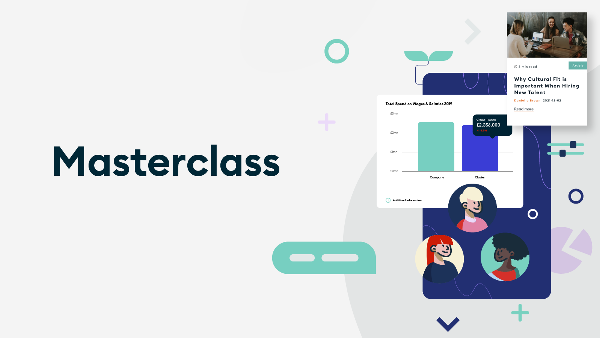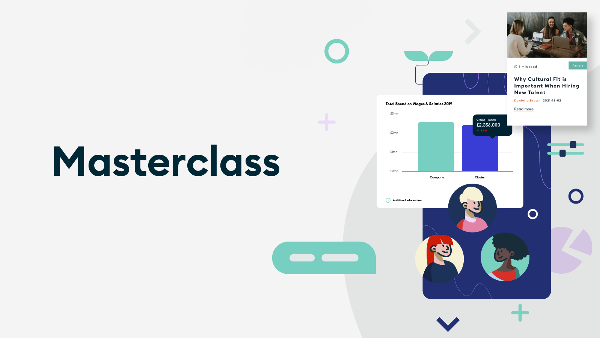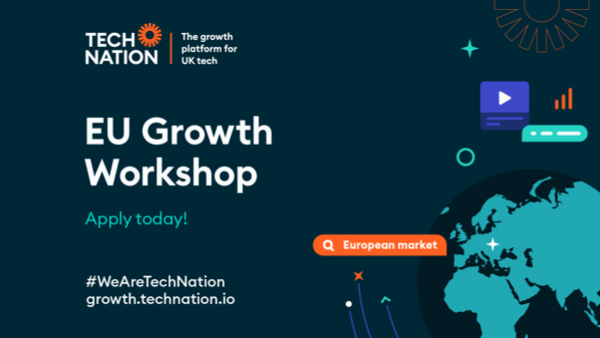COO Stories: Mark Logan ex-COO of Skyscanner
Founded in 2003 in Edinburgh, Skyscanner is today one of the world’s leading search engines that compares the costs of flights across various airlines.
Mark Logan was COO of Skyscanner from April 2012 to January 2017, and was brought on to take on general management of the business, including Product, Engineering, Sales, Marketing, HR and Business Operations.
During his time Skyscanner opened its first office in China in 2012, expanded into the US in 2013, and consolidated its position in China in 2014 by acquiring Youbibi.
Mark successfully grew Skyscanner from 100 to 900 people across 10 international locations and a £1.5billion exit valuation, Europe's 4th largest tech exit.
Since leaving Skyscanner, Mark co-founded Ipso Facto, has become the non-executive Director of a number of organisations, and in 2021 he was appointed to oversee work to turn Scotland into a world-class technology hub as part of the post-COVID economic recovery.
We spoke with Mark to find out a little more about his experience as a COO and advice for COOs across industry.
Becoming COO of Skyscanner
According to Mark, a common issue that leads to a COO being required or created as a position in a startup is that for the small percentage of startups offering a product that fits the market, the founding team often has zero or very little experience of managing people or growing a team or company.
And therefore, when a company gets to a certain size it will keep mini-imploding. Morale waivers, structures don’t work, and software suddenly takes longer to produce.
Mark says: “When I joined Skype Skyscanner, that was essentially the environment.The product was promising and gaining traction, but the organisation wasn't really working as well as it used to and morale was low.”
To tackle this head on, Mark says he approached it through a combination of applying a model, but also carefully learning how the company worked, why it worked that way, and how they got there.
He says: “I spent the first few weeks talking to pretty much everybody, getting their individual perspectives on where things were, and then over a period of time, I put in some basic societal mechanisms.”
But what does that mean?
Level 1
'Be clear about what it is we’re trying to do as a company and understand where our part is.'
Level 2
'Look at the basic plumbing of this business. ‘Do I have a career path? How do I progress in this company? Am I rewarded for outstanding performance? What is it that I’m supposed to be doing in this business? What’s expected of me?'
When they asked themselves what the business stood for, its values, the values they wanted to remove as they were unhealthy, and which values they wanted to add as the company grew, this provided Skyscanner with more societal mechanisms to bring focus to what they were doing.
Mark says: “The important learning here is that technology isn't a technology problem, it's a people problem.
“You can build pretty much anything, especially nowadays, in software terms with all the great libraries and reusable resources we have. You can build anything you want provided you can conspire together to do that.
“I think it’s very important that a startup spends a lot of time engineering itself; the organisation as much as it does its product, otherwise the organisation will bring down the product.
“That's where my focus was and that worked very well as it turned out.”
Advice for a COO joining an already established business
First and foremost, Mark says COOs should find out how the company they are joining works today.
He says: “A lot of people make the mistake of skipping that step and then wonder why their initiatives or ideas don’t land and embed.”
Secondly, Mark says a COOs role is to make sure the organisation works through its goals that it still has to execute, and that requires thinking about how its key golden processes work.
For example, attracting customers and making them form a habit around your product, releasing software in the case of a tech company, but also onboarding staff, appraising people, giving them a career path, giving them proper remuneration.
Mark says: “There's a whole bunch of goals and processes that make your business work. And as a COO your job is basically to work across all functions to ensure that those things are working.
“What I advise people to think is, ‘How did anything work today? How do I put the investments in in whatever shape or form and will they still work well in a year's time when we’re potentially bigger?’ Start from that assessment and then that will give you your roadmap.”
Mark analogises the role of a COO as a strong chess player.
You can’t calculate the result, but a strong chess player takes the position in front of them on the chessboard (the position in front of you when you join a company) and realises every position has strengths and weaknesses, so you want to reinforce the strengths, but look at how they improve the position over time.
He says: “There are multiple fires burning when you join, no one’s going to hire a COO unless they've got a lot of problems.
“You can't put them all out at once, so think of it as a series of positional improvements, just like a chess game. What a strong player does over time is execute one improvement in their position, assess that new position in front of them, and then execute the next improvement over time.”
Mark reminds us too that there is a particularly special relationship between a CEO and a COO - but it’s not always an easy one, so before joining a company, understand that part of your job is to be complementary to the skills of the CEO.
He says: “You have to remember who's actually in charge of the business. It's not you, it's the CEO, so you've got to recognise your position as complimentary there too.”
Biggest lesson to share with COOs
Mark says it’s important to realise that you have to keep reinventing yourself as an individual every six months.
For example, if you’re in a growing company and every year there are twice as many employees, that means every year, your company isn’t the same company it used to be and the processes won’t work the same.
Mark says: “You need different techniques to communicate or operate to build products.
“That in turn puts an enormous burden or expectation on you as a leader to keep learning aggressively, so that you can still drive that change. And if you fail to do that, then you become a brake on the company's forward growth.”
Mark admits this is something often seen with founders. He says founders often get a free pass, and as a result, the person holding things back is the founder as they often talk about how things were when there were only 3 people and they got more done, but they don’t know how a 100/200/500 person company works.
Mark adds: “So a lot of founders are responsible for the failure of their own companies simply by their own unwillingness to reinvent themselves regularly.”
However, Mark reminds us that even if your company isn’t growing, technology is changing all the time. As when Mark joined Skyscanner he says they released software every six weeks, but when he left they released software multiple times a day, because the industry moved on.
Mark says: “Even if we hadn't grown as a business, we'd have had to be doing that, because that's how you learn faster, how you experiment, and how you compete with peers who are doing it.
“You've got to educate yourself aggressively. Think of reinventing yourself regularly or you will hold the business back or be replaced. And what I’m saying probably isn't a comfort to anybody, but it's a reality.”


